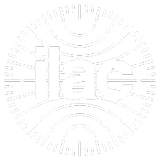Inspection News
The Human Factor in Inspection: Highlighting the Importance of Expertise and Human Evaluation in Complementing Technological Advances
In the era of rapidly advancing technology, the inspection and evaluation of products and services have become more precise and efficient thanks to automation, artificial intelligence, and data analytics. However, while technology plays an undeniable role, the human factor remains a crucial element in the inspection process. It is a determining factor in ensuring that every aspect, from quality to safety, is assessed comprehensively and accurately.
The Role of Humans in the Inspection Process
- Extensive Expertise: Professionals in the field of inspection possess deep knowledge, practical experience, and analytical skills that machines cannot yet fully replicate. Particularly in complex situations, identifying and addressing issues requires human intervention and judgment to guarantee accuracy and effectiveness.
- Qualitative Assessment: While technology can process data and information with precision, qualitative aspects like perception, judgment, and personal experience of the human evaluator remain essential for making sound decisions. For example, when assessing the safety of a product, relying solely on data is insufficient. Expert insight and analysis are necessary to ensure thorough evaluation.
- Creativity and Flexibility: In situations that require creativity or flexible problem-solving, the human factor is a distinct advantage. Technology operates based on pre-programmed algorithms, while humans can think critically and adapt quickly to unforeseen changes or unprecedented challenges.
Combining Human Expertise and Technology in Inspection
Although the human factor plays a vital role, the combination of human expertise and technology provides optimal results in the inspection process. Technology helps reduce numerical errors, speeds up processing times, and provides tools for supporting evaluations. However, it is the human expert who makes the final decision, blending data with real-world experience.

Conclusion
Technological advances are reshaping how we inspect and evaluate quality, but the human element remains key to ensuring thoroughness and accuracy. Human expertise and analytical skills are the perfect complement to technological advancements, ensuring that the inspection process remains effective and safe.
Understanding and respecting the role of humans in inspection will help businesses and organizations optimize their evaluation processes and enhance product and service quality across various sectors.
If you need professional quality control inspection services, contact VIS today! We ensure your product quality every step of the way.











